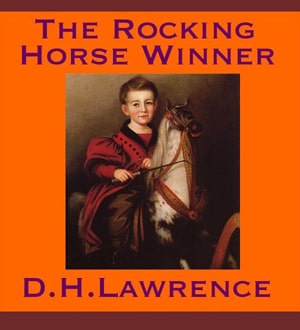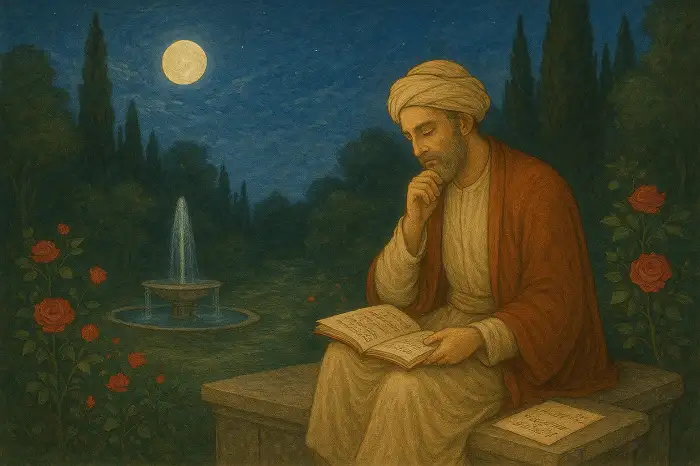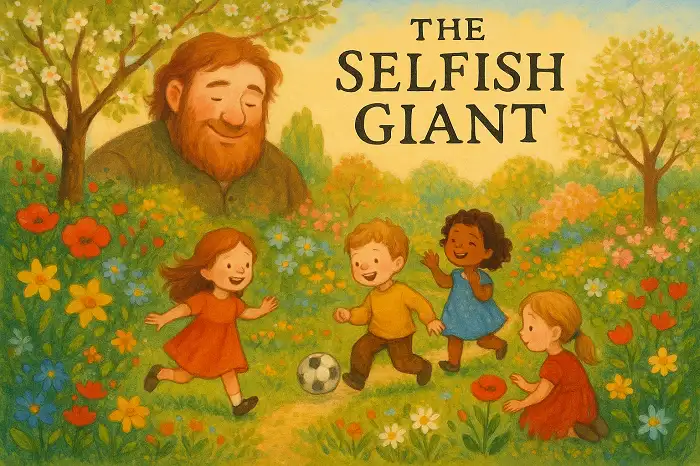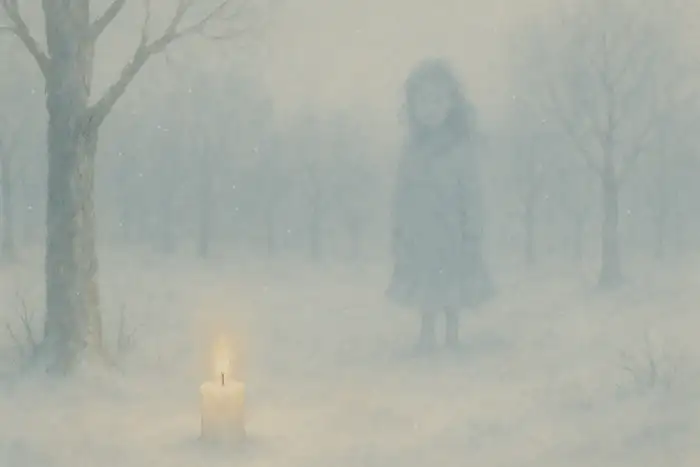The Rocking-horse Winner The Rocking-horse Winner There was a woman who was beautiful, who started with all the advantages, yet she had no luck. She married for love, and the love turned to dust. She had boney children, yet she felt they had been thrust upon her, and she could not love them. They looked at her coldly, as if they were finding fault with her. And hurriedly she felt she must cover up some fault in herself. Yet what it was that she must cover up she never knew. Nevertheless, when her children were present, she always felt the ...
Home » English Short Stories » The Rocking-horse Winner by D. H. Lawrence

The Rocking-horse Winner by D. H. Lawrence
Updated: by Dr. Mohammad Hossein Hariri Asl
Time to Read: 29 minutes | 343 Views | 5 Comments on The Rocking-horse Winner by D. H. Lawrence
Share This Post
About the Author
Dr. Mohammad Hossein Hariri Asl is an English and Persian instructor, educator, researcher, inventor, published author, blogger, SEO expert, website developer, entrepreneur, and the creator of LELB Society. He's got a PhD in TEFL (Teaching English as a Foreign Language).
Number of Posts: 4242



Hello Dr.Hariri. I have two questions from this story:
1. What is the meaning of this sentence( you’re eighty-odd thousand to the good…)?
2. What is the meaning of the last sentence of the story( he’s best gone out of a life where he rides his rocking-horse to find a winner.)?
Hi Armaghan.
The word ‘odd’ in eighty-odd thousand means an unspecified or indiscriminate number. It means eighty thousand + some additional value / number, which is not clear or even not very important. It means that Paul, you’re so as precious as 80.000+ dollars for the good or decent people, and on the contrary, his ego was supposed to to be expelled from his body and leave him alone instead of haunting the poor boy and killing him at the cost of showing him the real winner in the horse race competition.
The Rocking-Horse Winner is a very complicated short story whose central message is not easily derived. On the one hand, it might convey this message that young children should not be involved in financial difficulties of life. On the other hand, the story admires the child’s concern for the financial problems of his family at a pretty young age and precociously.
Overall, I believe the writer, D. H. Lawrence, shows his disapproval of engaging young children in the vicissitudes of life because these pursuits and tasks are not meant to be appropriate for young children.
This story reminds me of situations when children try hard to prove something to their parents, they try hard to reach something for their parents, the same as Paul did. He gained all those money for his mom and wanted to prove to her that he was lucky
The interesting point was when the mother didn’t remember their conversation and to me, it even makes it more relatable to reality. Not to blame Paul’s mom or other parents, they have lots of challenges to deal with, like Paul’s mom the conversation about luck didn’t really matter to her and she forgot about it but it was the same thing that Paul put lots of pressure on himself to prove he was lucky.
Feedback
* those mone6y = that money (money is uncountable)
* prove it to her that …